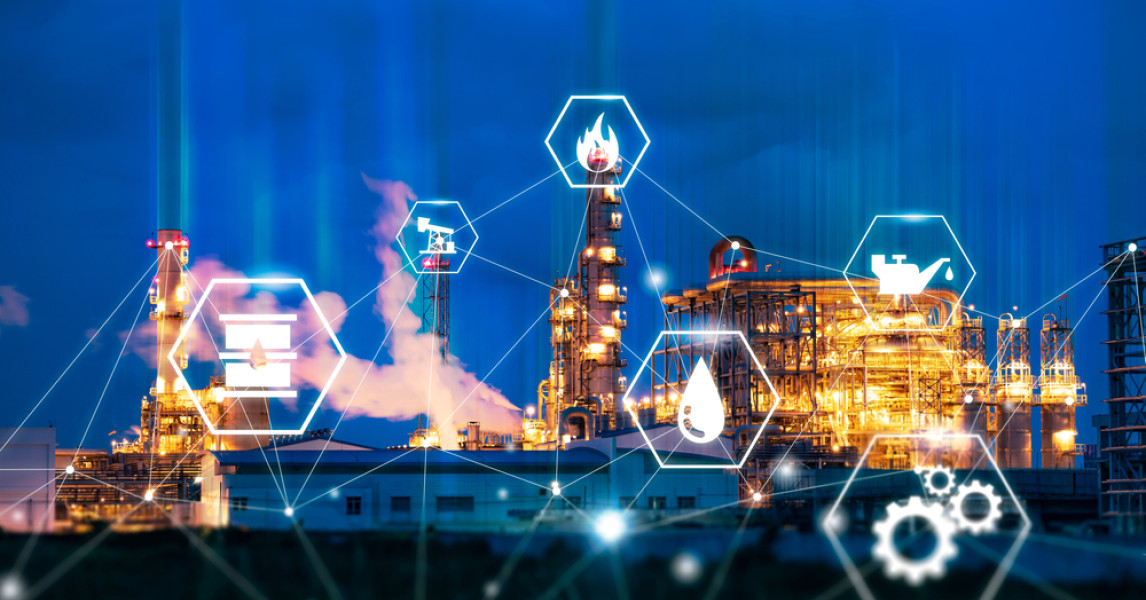The oil and gas industry are vital to the global economy, supplying energy for transportation, manufacturing, and everyday needs. With such importance, the security of oil and gas operations, especially those in remote locations and along pipeline routes, becomes a critical priority. In this blog, we will explore the key aspects of Oil Security, focusing on how to protect remote facilities and pipeline infrastructure from potential threats.
Alpine Protection Services
Alpine Protection Services is dedicated to delivering top-tier security services tailored to meet the diverse needs of its clients. With a focus on protecting residential, commercial, and industrial properties, Alpine offers customized services that include on-site security guards, advanced surveillance systems, and risk management strategies. Their team of trained professionals ensures a proactive approach to security, providing peace of mind by safeguarding valuable assets, preventing unauthorized access, and responding swiftly to any threats. Whether it’s event security, fire watch, or facility protection, Alpine Protection Services guarantees reliable and efficient solutions to maintain safety at all times.
The Importance of Oil & Gas Security
Oil & Gas Security is essential for safeguarding both the infrastructure and personnel involved in the extraction, processing, and transportation of oil and gas. The industry faces numerous risks, including physical threats, environmental hazards, and cyberattacks. For remote facilities and pipelines, these risks can be even greater due to their isolated locations and the difficulty of monitoring them consistently. To prevent disruptions to oil and gas supply chains, companies must invest in inclusive security services that protect their operations from various threats. Security strategies include physical barriers, surveillance technologies, access control systems, and even cybersecurity measures to protect valuable digital data.
Cybersecurity in Oil & Gas Operations
In today’s interconnected world, Oil and Gas Security must also address the growing threat of cyberattacks. Modern oil and gas facilities rely on complex digital control systems to manage production, storage, and transportation. These systems, known as Supervisory Control and Data Acquisition (SCADA) systems, are often the target of hackers looking to disrupt operations or steal sensitive data. A successful cyberattack on an oil and gas facility can result in shutdowns, equipment malfunctions, or even dangerous explosions. To prevent such incidents, companies must invest in robust cybersecurity measures, including firewalls, encryption, and intrusion detection systems. Regular software updates and employee training are also critical to ensuring that the human element of Oil and Gas Security is not overlooked.
Advanced Surveillance Technology in Oil and Gas Security
One of the most effective ways to secure remote oil and gas facilities and pipelines is through the use of advanced surveillance technology. Modern security systems often incorporate high-resolution cameras, motion detectors, and thermal imaging to provide 24/7 monitoring of critical infrastructure. Drones have also become a valuable tool in Oil & Gas Security. These unmanned aerial vehicles (UAVs) can cover large areas quickly, providing real-time video feeds to security personnel. Drones can be especially useful for inspecting pipeline routes or monitoring offshore oil rigs where access is limited.
Emergency Response and Crisis Management
In the event of a security breach or accident at a remote oil or gas facility, having a robust emergency response plan is crucial. Emergency response teams must be well-trained and equipped to handle a wide range of scenarios, including fires, explosions, oil spills, and physical attacks. Effective crisis management is an essential component of Oil and Gas Security. This involves not only having the right personnel and equipment in place but also ensuring that communication channels are open and reliable. Rapid coordination between security teams, local authorities, and emergency services is key to minimizing damage and protecting lives during an emergency.
Environmental Concerns and Security Measures
The oil and gas industry has long been under scrutiny for its environmental impact, and any breach in security can lead to severe ecological consequences. For instance, a leak in a pipeline can cause oil spills, contaminating land, water, and wildlife habitats. To prevent such disasters, security measures must be integrated with environmental protection protocols. Companies should conduct regular risk assessments of their operations to identify potential environmental hazards and implement safeguards accordingly. Enhanced pipeline monitoring, real-time data analytics, and automated shutoff systems can reduce the risk of environmental harm resulting from security incidents.
Collaborative Efforts for Improved Oil & Gas Security
While individual companies are responsible for securing their assets, collaboration with government agencies, local communities, and industry partners can greatly enhance Oil and Gas Security. Governments often provide regulatory frameworks and support to ensure that oil and gas operations meet safety and security standards. In addition, partnerships with local law enforcement can improve response times in the event of an emergency. The oil and gas industry also benefits from sharing best practices and lessons learned between companies. Security conferences and forums allow industry professionals to discuss emerging threats and innovative solutions, fostering a culture of continuous improvement in security protocols.
Training and Security Personnel
Trained security personnel are the backbone of any effective Oil and Gas Security strategy. These individuals are responsible for overseeing surveillance systems, managing access control, and responding to security breaches. In remote locations, security guards may need specialized training in dealing with environmental challenges, such as extreme weather conditions or hazardous materials. Ongoing training ensures that security personnel remain up to date with the latest technologies and threat landscapes. This includes both physical security measures and cybersecurity protocols. A well-prepared security team is essential for maintaining the safety of oil and gas operations.
Conclusion
As the oil and gas industry continues to evolve, so too must its security measures. The integration of advanced technologies, such as AI-powered surveillance, drones, and enhanced cybersecurity systems, will play a significant role in securing remote facilities and pipeline infrastructure. By staying ahead of emerging threats, the industry can continue to provide the energy needed for global economic stability. Oil & Gas Security is a complex and ever-changing field, requiring constant vigilance and innovation. Whether protecting remote facilities from physical threats or safeguarding pipelines against cyberattacks, the industry must remain proactive in addressing security challenges. By doing so, oil and gas companies can ensure the safe and efficient delivery of energy resources to the world.



